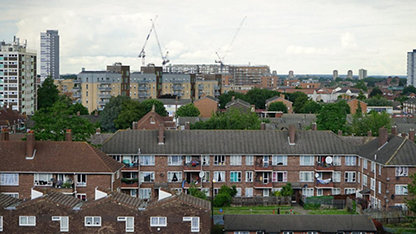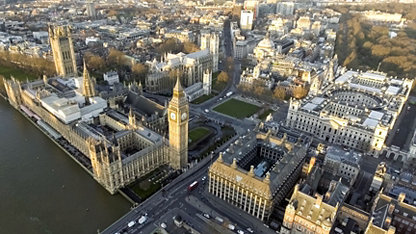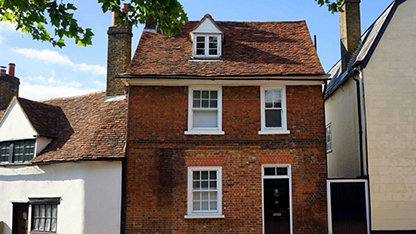Four years after the last round of unpopular reforms, it’s time this tax was stamped out, argues Colliers International’s Ashley Osborne.
Ever since George Osborne surprised many by reforming stamp duty land tax in his 2014 autumn Budget, many leading figures in the property industry have been warning of dire consequences – particularly in London and south-east England. Four years on, is it time their concerns were heeded?
From an individual’s point of view, the level of stamp duty imposed on the purchase of a home costing more than £700,000 is now prohibitive. These days, that figure would barely cover the cost of a perfectly ordinary family home in London.
What all this means is that people are choosing not to move. That has implications for Treasury coffers, but it also has an impact on the development market. Developers won’t build if they don’t feel confident of being able to sell homes. Given that most affordable housing is either built directly by developers or funded through contributions, any reduction in development activity is bad for everyone.














